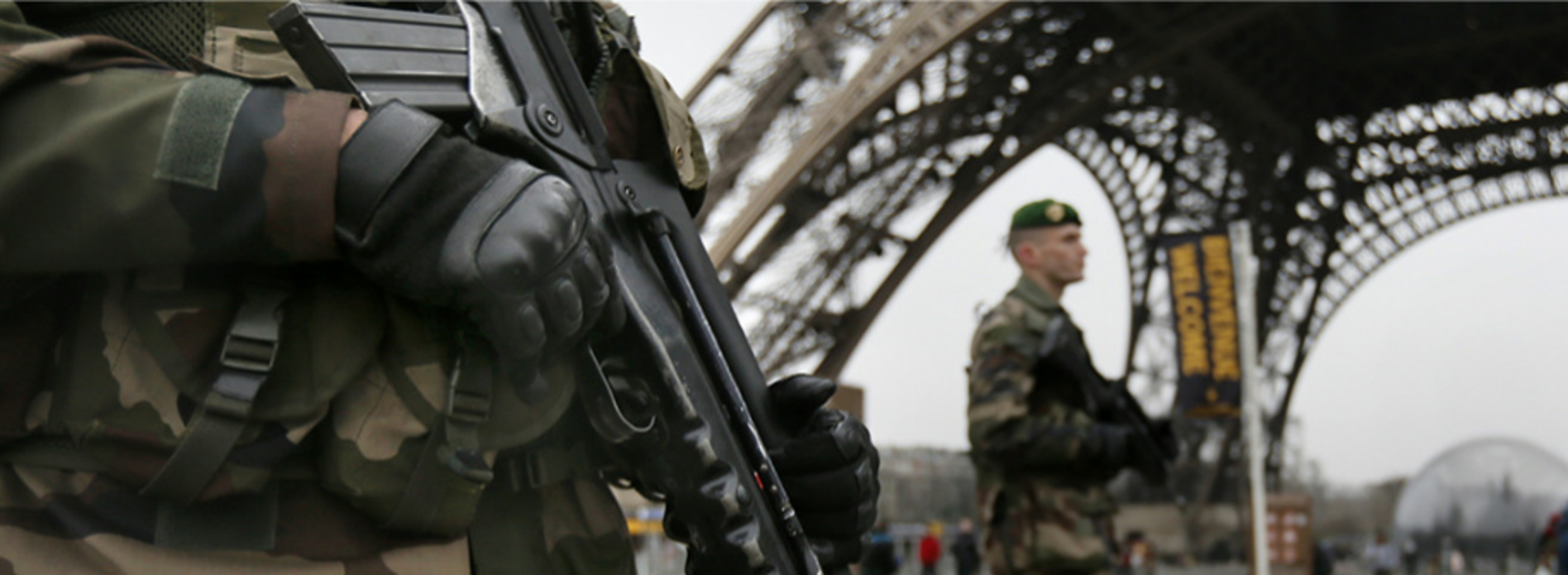Wednesday, November 18, 2015
Before Declaring another War on Terror, Let’s Consider What We Know
What do these attacks say about intentions or strategy? First, it is important to emphasize that not all of the facts are in on the Beirut, Paris, and Sham El-Shaikh attacks. It is not clear the extent to which these attacks were centrally conceived and coordinated by the Islamic State leadership in Syria and/or Iraq (ISIS) or more locally grown. In any case, one obvious goal of these attacks is to divide French and European Muslims from their fellow citizens and make communities fear one another.
What makes the so called Islamic State different from other movements in the Middle East? The Islamic State (IS) in Iraq and Syria resemble other competing organizations (Al-Qaeda, for example) in use of foreign fighters, militia structures, smuggling activities, and ideological orientations. But it differs in that the IS has origins in the failure of two states, one in Iraq and the other in Syria. In Iraq, more than two decades of U.S. policies punctuated by the 2003 invasion destroyed much of that state and regime. We know, for instance, that important parts of the IS leadership derive from former Iraqi military and security personnel, privileged under Saddam Hussein’s rule but hunted since 2003. In Syria, popular reactions to long running socio-economic problems, particularly in rural areas, and the regime’s use of deadly force against protestors in 2011 combined to overwhelm state capacities save for military repression. In both cases, Baghdad and Damascus have been forced to cede parts of their country. This means that the IS leadership is serious about gaining and controlling its own territory rather than exclusively focusing on overthrowing incumbent governments in the region.
If the IS conceived and coordinated the Paris attacks, how much of a threat is it? As a number of French commentators have pointed out, these attacks are a French problem. France has a long and troubled history with its Muslim citizens. At the same time, bombs in Beirut and airport security infiltration in Egypt remind us that groups like IS are first and foremost threats to their own neighbors and those under its rule. It cannot be called a global threat, unless we exclude Latin America as well as large parts of Africa and Asia. As a threat to American lives, this and similar groups are comparatively very minor threats.
What options does the U.S. have? The last decade shows that, as a country, we have difficulty perceiving the limits of American power on the one hand and, on the other, appreciating how past uses of American power (the invasion of Iraq, for example) have generated very bad outcomes. We need to keep both in mind in considering how to respond.






